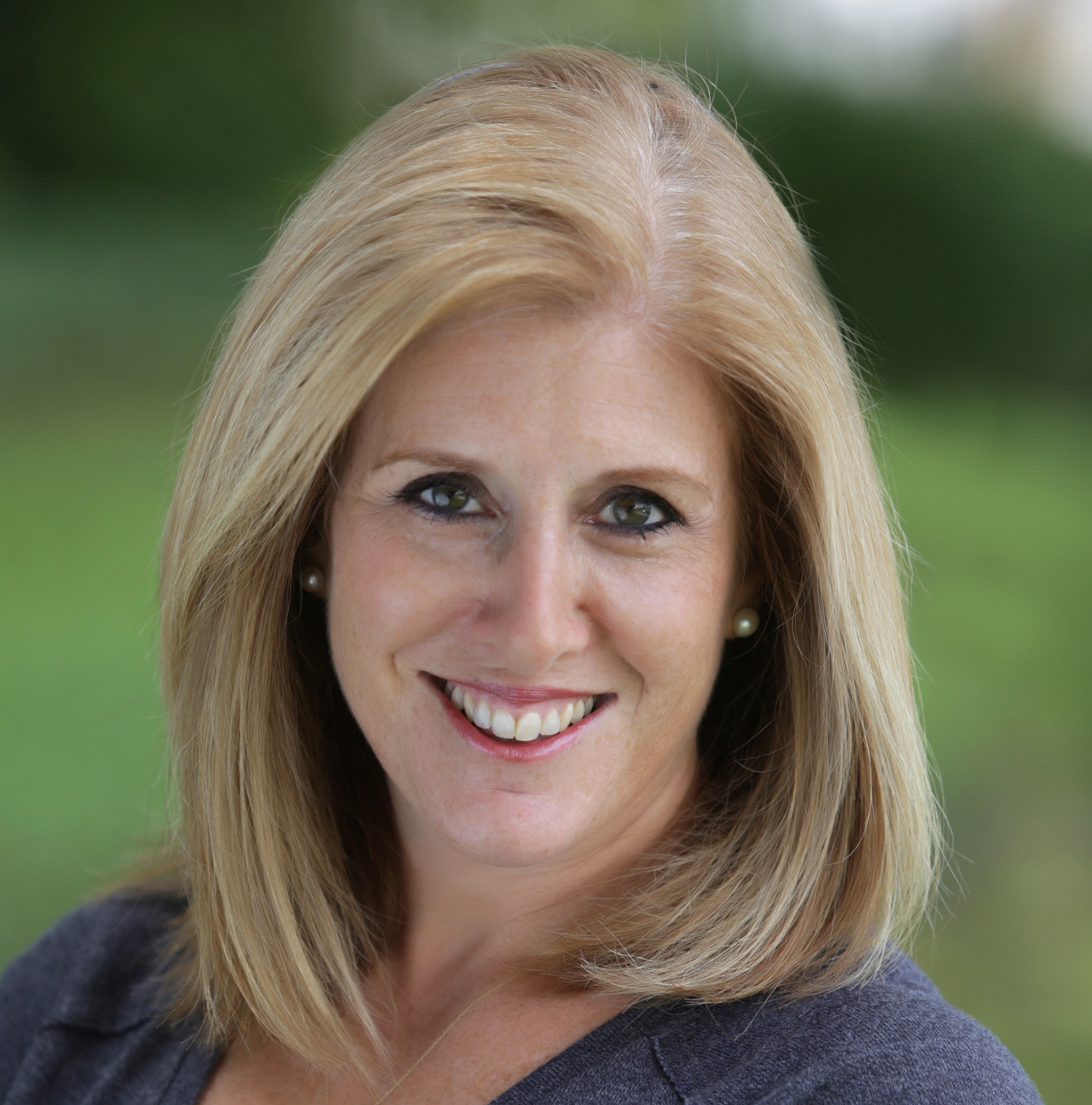In Parashat VaYechi, Jacob is reaching the end of his life, yet the opening words quantify his life. “Jacob lived seventeen years in the land of Egypt, so that the span of Jacob’s life came to one hundred and forty-seven years.” (Genesis 47:28)
Most commentators see this statement as a recognition that finally, Jacob is at peace, that these are his best years. As the 15th century Spanish commentator Isaac Arama, known as Akeidat Yitschak, explains, “Torah uses the term lived (vayechi) rather than sojourned (vayagar) to speak of the quality of Jacob’s life in Egypt. In the plain sense, the implication is that after a lifetime of difficulty—Esau’s hatred, Laban’s conniving and Joseph’s disappearance–Jacob was finally able to enjoy the tranquility and harmony he had longed for. As the saying goes, ‘If one’s end is good, all is good.’”
Yet perhaps one’s most peaceful years are not one’s best years, or at least their most important ones. It is often when we face struggles, when the world is not how we would want it to be, that our best selves come forth and we make our most significant mark. After all, it is not Jacob’s final years in Egypt that earn him the title of patriarch, but rather, as Rabbi Samson Raphael Hirsch teaches, “It was…the troubled years of his life, in which the test had to be gone through….that Jacob became worthy of acquiring the name of Israel. Those were the years in which Jacob won his everlasting importance to which the seventeen years that followed here form just the happy rewarding conclusion.”
As we celebrate the legacy of Reverend Dr. Martin Luther King Jr. this weekend, we yearn for a “happy rewarding conclusion,” just as we recognize the struggles and sacrifices in Dr. King’s own life. We know all too well that the end of the story is far off indeed.
As Dr. King wrote in March of 1958, “…It may be that our generation will have to repent not only for the diabolical actions and vitriolic words of the children of darkness, but also for the tragic apathy of the children of light. What we need is a restless determination to make the ideal of brotherhood a reality in this nation and all over the world.” (The Current Crisis in Race Relations)
It sometimes feels almost unfathomable that 59 years later a crisis in race relation still exists and that the conversation about the color of our skin, privilege and discrimination remains as complicated and emotionally charged as ever. We are still in the middle of “troubled years, in which the test ha[s] to be gone through.” As we struggle to move forward, our best hope is to create real relationships with people who are not like us–to see past the color of people’s skin, to celebrate diversity in religion and color and perspective, and to open up real dialogue, even if it’s not always perfectly comfortable.
This year, my congregation, Temple Beth-El in San Antonio, Texas is celebrating MLK weekend with our friends at Antioch Missionary Black Baptist Church. This is our second Sabbath exchange. On Friday night, their pastor will preach from our Bimah and on Sunday I will preach from theirs. Our choirs will share in song at both Sabbath celebrations. By welcoming each other into our respective sacred spaces we enlarge what sacred space means for us all. By sharing words of faith and hope from our different religious traditions, we are reminded that what we have in common is far more important than what separates us. When we unite with others in peace and friendship we are doing our own small part to engage in our own “restless determination to make the ideal of brotherhood a reality in this nation and all over the world.”
On his deathbed, Jacob calls his sons to him and predicts what will befall them in their lives. On this weekend when we reflect on Dr. King’s message of Beloved Community, we know that our future as a country and our community is not yet written. By reaching beyond our own comfort zones and taking time to create relationships with people who are different than ourselves, we take important steps in making Dr. King’s dream of a Beloved Community more of a reality.
Rabbi Mara Nathan leads Temple Beth-El in San Antonio and is the first woman to serve as senior rabbi of a major congregation in the State of Texas.


